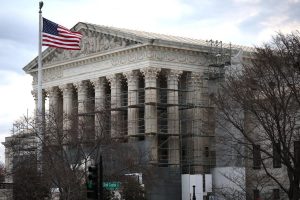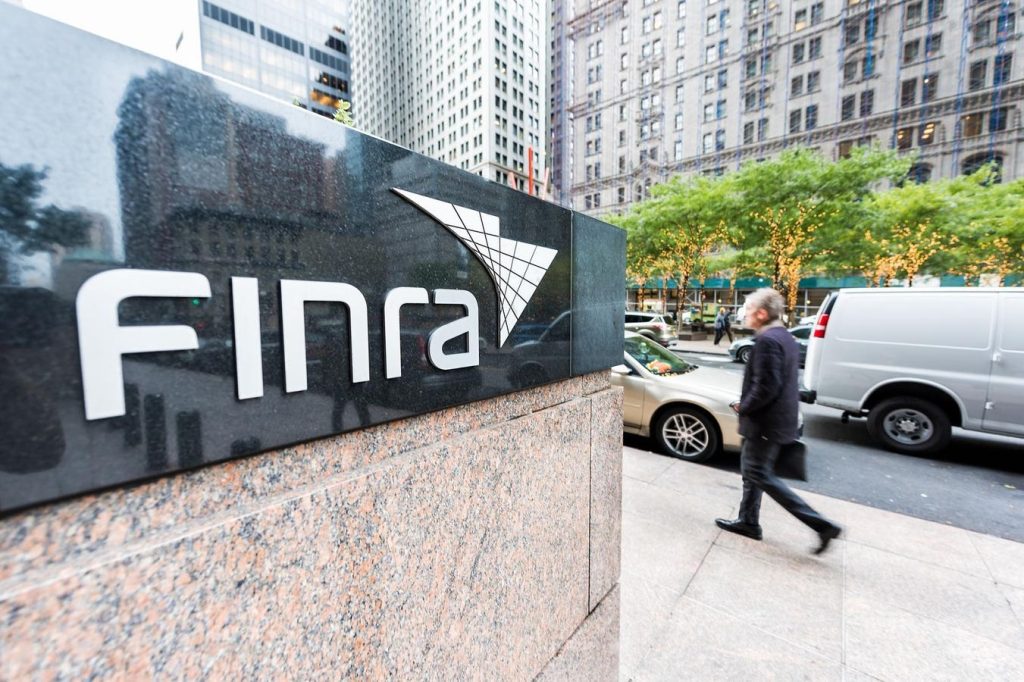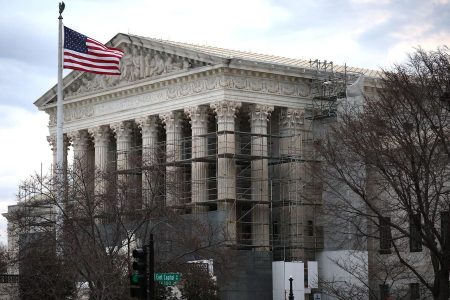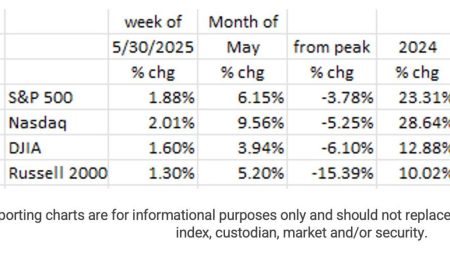The ongoing legal battle between Alpine Securities, a Utah-based brokerage firm specializing in penny stocks, and the Financial Industry Regulatory Authority (FINRA) has reached a critical juncture, raising significant questions about the future of market regulation in the United States. A recent ruling by the D.C. Court of Appeals has introduced a new layer of complexity to the case, potentially impacting FINRA’s ability to enforce its own rules and raising concerns about the broader regulatory landscape under the incoming administration. The court’s decision, while allowing FINRA to pursue the expulsion of Alpine Securities, mandates that such action requires prior approval from the Securities and Exchange Commission (SEC). This requirement effectively curtails FINRA’s autonomy as a self-regulatory organization, a role it has held for decades in overseeing brokers and firms across the country.
The core of the dispute lies in Alpine Securities’ constitutional challenge to FINRA’s authority. Alpine argues that FINRA exercises executive powers without its officials being accountable to the President, a violation of Article II of the Constitution. This argument, while not yet fully adjudicated, has gained traction in legal circles and has become a focal point of the case. The case itself stems from FINRA’s attempt to expel Alpine for drastically increasing customer account fees and repeatedly violating a cease-and-desist order. Alpine, owned by John Joseph Hurry, has a history of regulatory run-ins, including multiple SEC and FINRA enforcement actions. Hurry contends that his firms, Alpine and Scottsdale Capital Advisors, have been unfairly targeted due to their focus on microcap stocks, a claim that FINRA denies.
The court’s decision to require SEC approval for FINRA’s expulsion proceedings has far-reaching implications. Legal experts suggest this could significantly hamper FINRA’s ability to effectively regulate its members and enforce its rules, potentially leading to a decline in enforcement actions against firms engaging in questionable practices. This concern is magnified by the anticipated regulatory changes under the incoming administration, which has signaled a strong commitment to deregulation across various industries. The nomination of Paul Atkins, a known advocate for deregulation and a former SEC commissioner, to lead the SEC further fuels these concerns. Atkins’ background includes founding a consultancy firm that represents financial and crypto companies in their dealings with regulators, suggesting a potential shift towards a less stringent regulatory environment.
The combination of the court’s decision and the expected regulatory shifts under the new administration paints a picture of uncertainty for the future of market oversight. Some experts predict a potential increase in “shady actors” taking advantage of a less regulated environment, while others express hope that Atkins’ experience and understanding of securities laws will prevent a significant decline in enforcement. The central question remains: will the SEC under Atkins act as a check on FINRA’s enforcement efforts, or will it facilitate a more lenient approach to market regulation? The answer to this question will significantly impact the ability of self-regulatory organizations like FINRA to protect investors and maintain market integrity.
The legal battle between Alpine Securities and FINRA continues, with the constitutional challenge still pending in the district court. While the path to the Supreme Court is now longer, the possibility remains, and the eventual outcome could reshape the landscape of financial regulation. The case underscores a growing tension between the desire for efficient self-regulation and the need for accountability and oversight within the financial industry. It highlights the inherent complexity of balancing the need for regulatory efficiency with the protection of investors and the maintenance of market integrity.
In the meantime, the court’s decision requiring SEC approval for FINRA expulsions creates a period of uncertainty for both the regulatory body and the firms it oversees. While FINRA maintains its confidence in the self-regulatory model and its ability to protect investors, the practical implications of the ruling remain to be seen. The coming months will be crucial in determining how the SEC, under its new leadership, chooses to exercise its newfound oversight authority over FINRA, and how that decision will ultimately affect the balance of power in the realm of financial regulation. The outcome of this ongoing legal saga will have significant implications for the future of market oversight and the protection of investors in the years to come.










